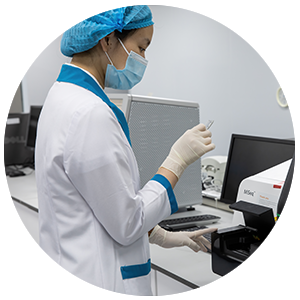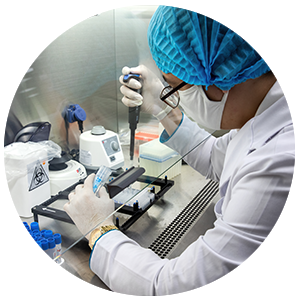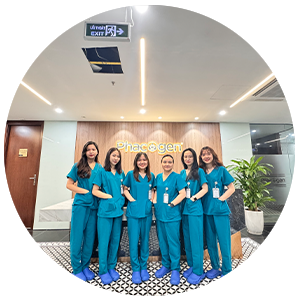Ngày 11/07/2024, Viện Công nghệ Phacogen phối hợp cùng Compa Stem chính thức khai giảng khóa đào tạo đặc biệt dành cho học sinh THPT, mở ra cơ hội tiếp cận di truyền học ung thư và sinh học phân tử qua trải nghiệm học tập thực tiễn và chuyên sâu.
Sáng ngày 11/07/2024, Viện Công nghệ Phacogen – đơn vị tiên phong trong lĩnh vực xét nghiệm di truyền tại Việt Nam – phối hợp cùng Compa Stem, tổ chức giáo dục STEM do các tiến sĩ hàng đầu sáng lập, đã chính thức khai giảng khóa đào tạo dành riêng cho học sinh THPT đam mê y dược, sinh học và công nghệ sinh học.

Chương trình học tích hợp lý thuyết và thực hành
Khóa học được xây dựng theo mô hình tích hợp, kết hợp chặt chẽ giữa kiến thức nền tảng và trải nghiệm thực hành chuyên sâu. Nội dung bao quát từ:
.
- Cơ chế hình thành ung thư đại trực tràng dưới góc độ di truyền học.
- Kiến thức về các gen mục tiêu quan trọng như APC, KRAS, BRAF.
- Ứng dụng kỹ thuật Realtime PCR (qPCR) trong phát hiện đột biến gen.
- Phương pháp tách chiết DNA, xử lý mẫu, thiết lập phản ứng qPCR và phân tích kết quả – dưới sự hướng dẫn trực tiếp của chuyên gia Phacogen.
Trải nghiệm thực hành trong môi trường chuyên nghiệp
Điểm nổi bật của khóa học là học sinh không chỉ tiếp thu kiến thức lý thuyết mà còn được trực tiếp tham gia thực hành tại phòng thí nghiệm đạt chuẩn quốc tế. Thông qua đó, các em vừa rèn luyện tư duy nghiên cứu khoa học, vừa phát triển kỹ năng phản biện, trình bày và làm việc nhóm – nền tảng cần thiết cho hành trình học tập và nghề nghiệp trong lĩnh vực khoa học sự sống.
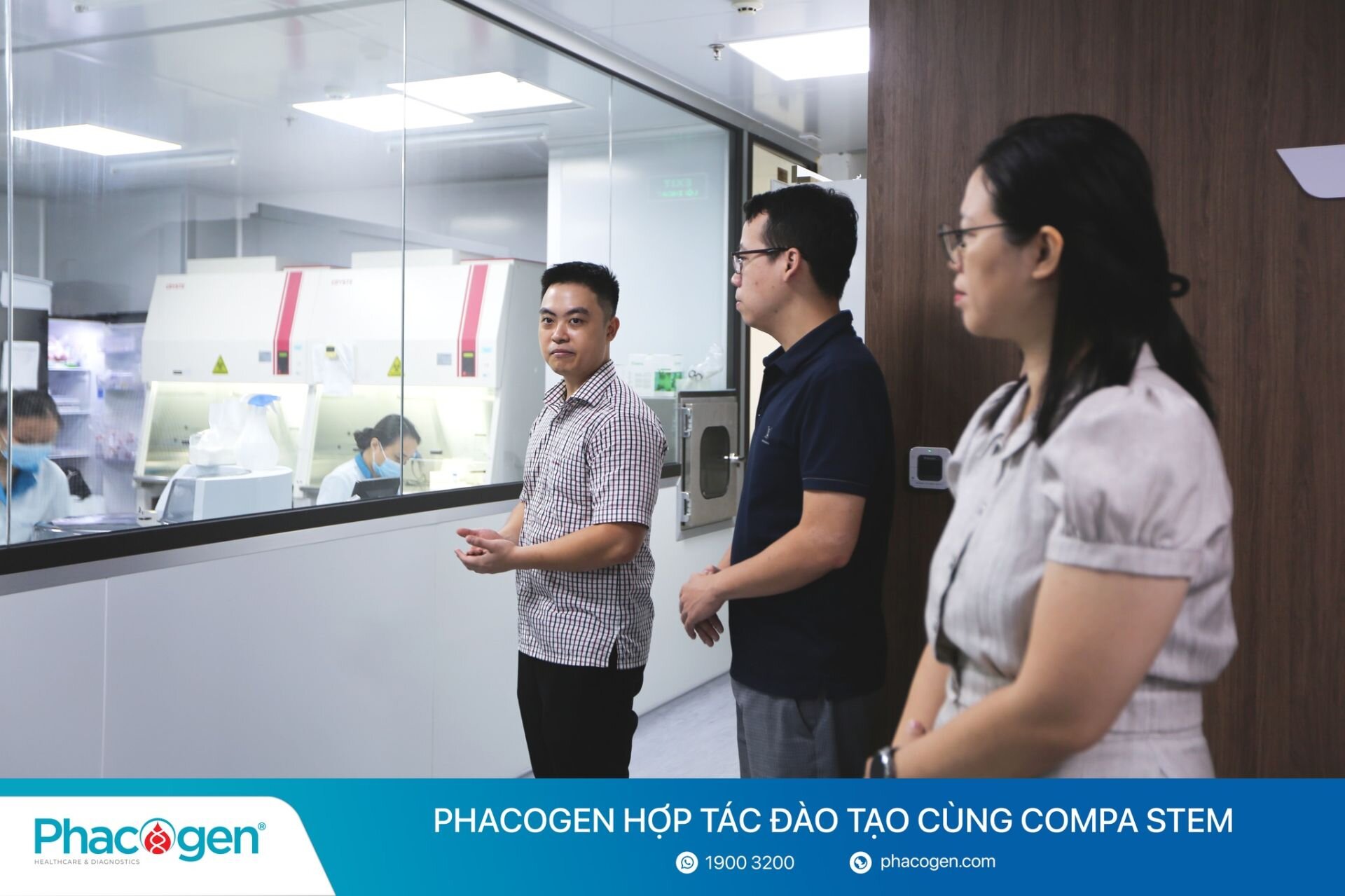
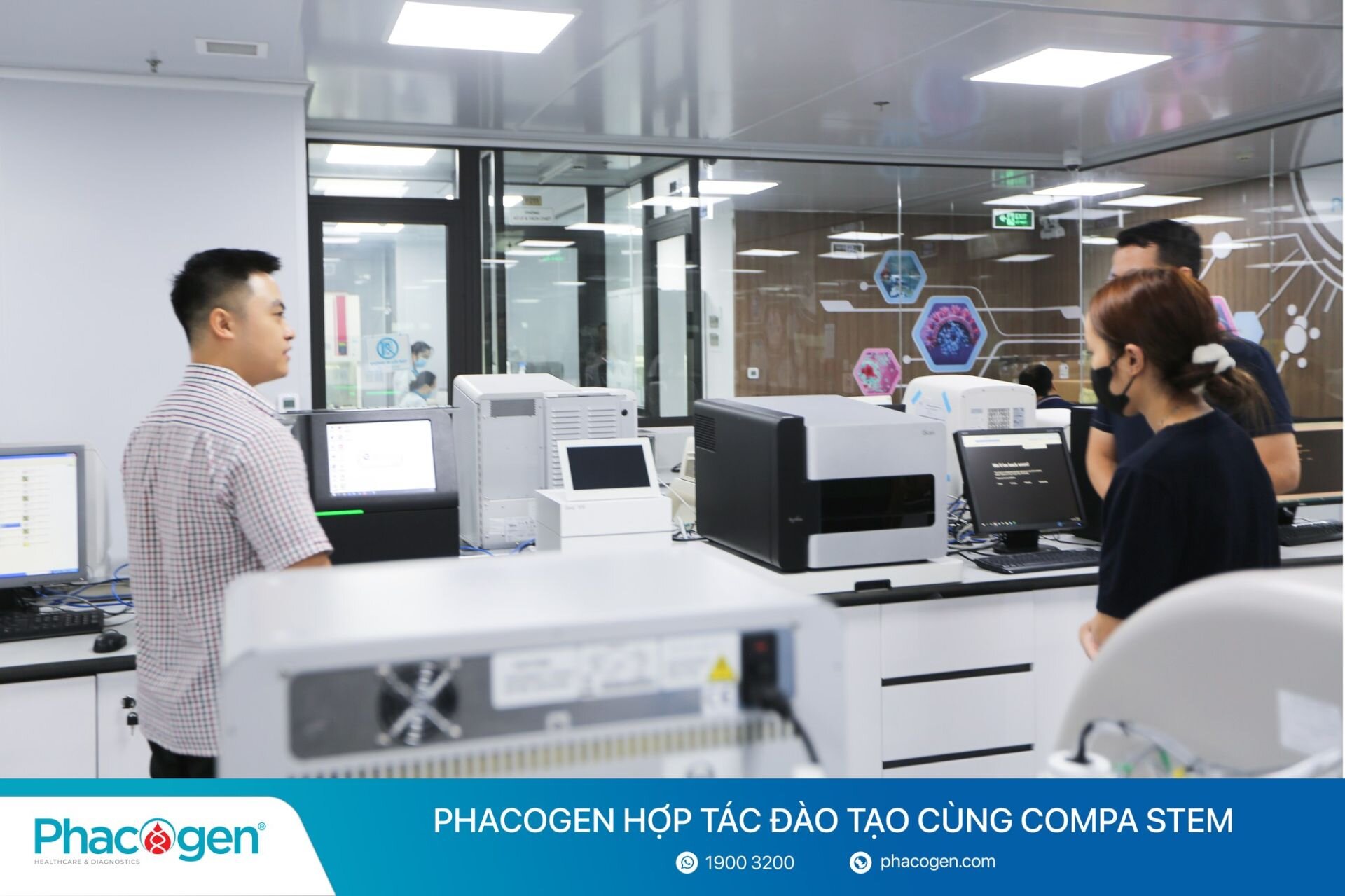
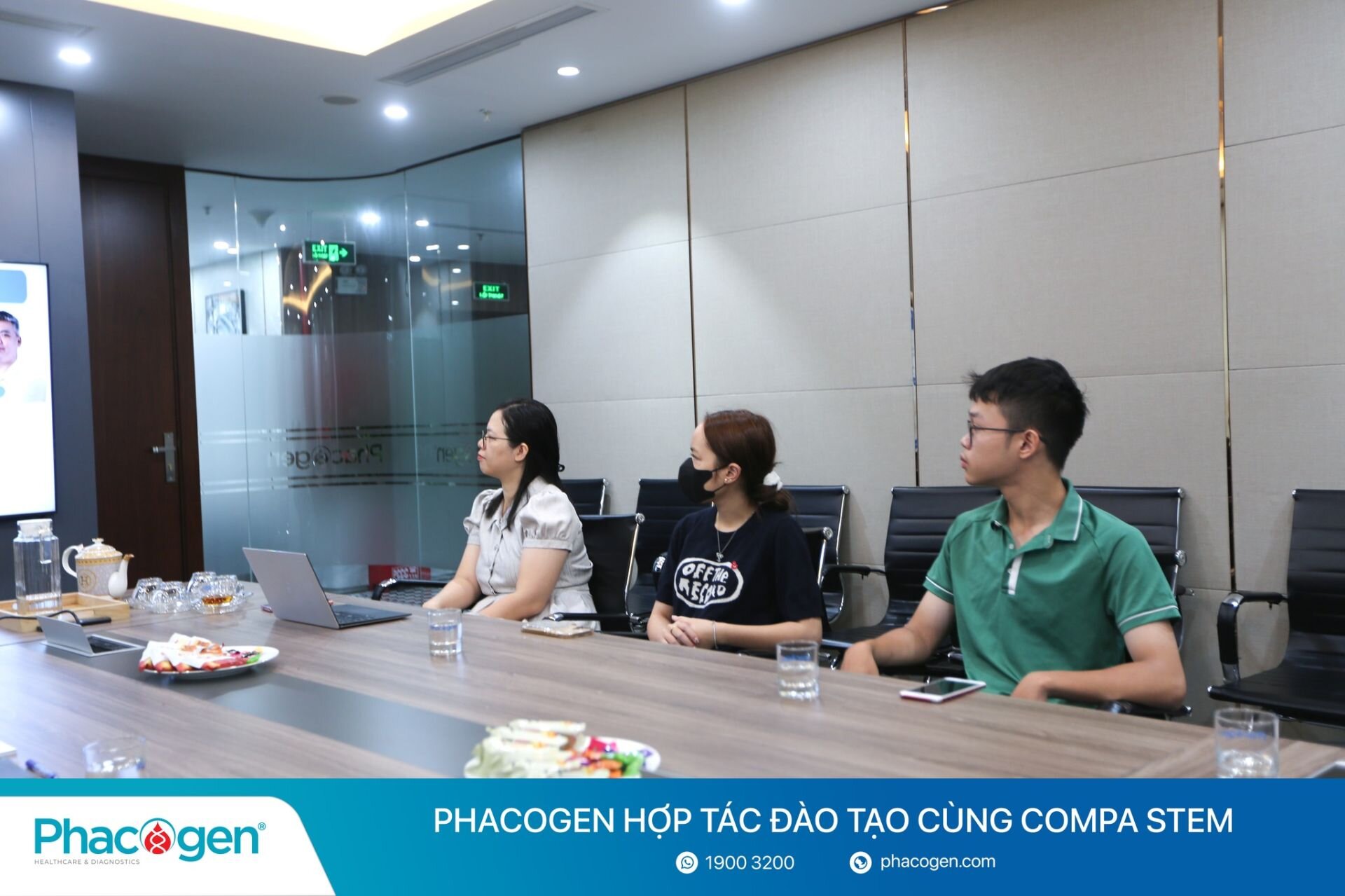
Sự kết hợp giữa doanh nghiệp và giáo dục STEM
Trong dự án này, Phacogen đảm nhiệm vai trò đào tạo, chuyển giao kiến thức chuyên sâu và tạo điều kiện học tập trong môi trường nghiên cứu hiện đại. Compa Stem giữ vai trò cầu nối giáo dục STEM, đảm bảo chương trình vừa mang tính học thuật, vừa phù hợp với khả năng tiếp cận của học sinh phổ thông.
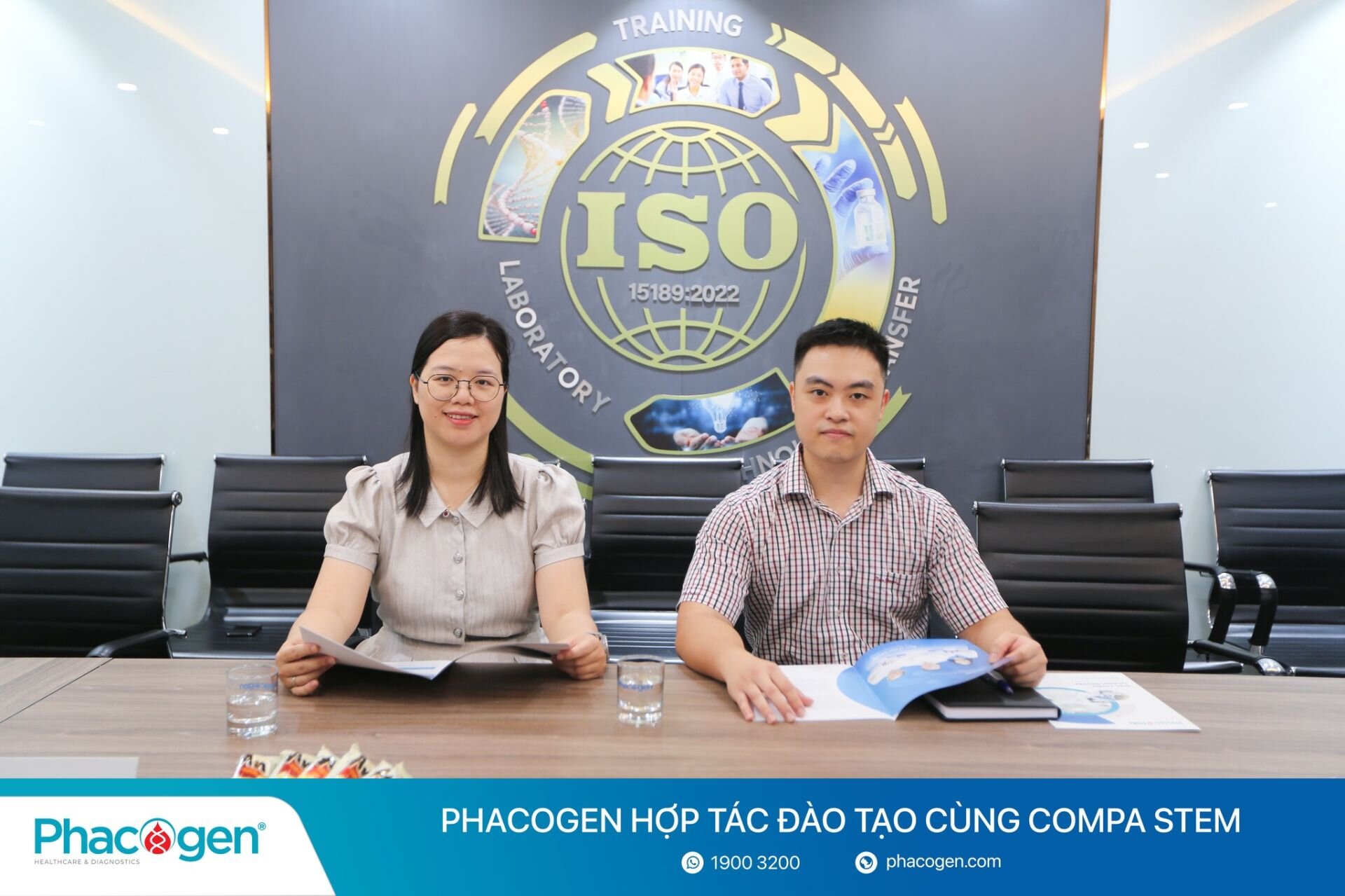
.
Sự kết hợp này mở ra mô hình hợp tác mới giữa doanh nghiệp – giáo dục – nghiên cứu, giúp học sinh không chỉ học kiến thức mà còn “chạm tay” vào thực tiễn của ngành khoa học sự sống.
Ý nghĩa của dự án
Phacogen tự hào đồng hành cùng học sinh trong hành trình đầu tiên khám phá di truyền học, kết nối khoa học với sức khỏe và định hướng nghề nghiệp vững vàng. Dự án không chỉ đơn thuần là một khóa học, mà còn là trải nghiệm khoa học nghiêm túc, truyền cảm hứng và đáng nhớ cho thế hệ trẻ.


